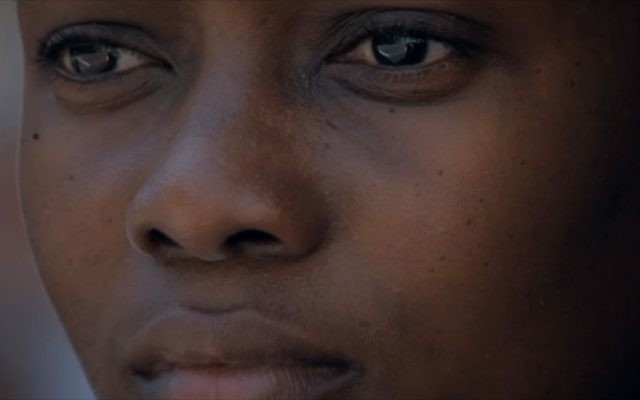Theatre eases the trauma
Ahead of the release of a documentary chronicling the journey of four women from Africa to Australia, Yael Brender speaks to the inspirational Aminata Conteh-Biger.
Four women fled from different parts of Africa to Australia in order to escape violence and abuse. Ahead of the release of a documentary chronicling the journey, Yael Brender speaks to the inspirational Aminata Conteh-Biger.
Ros Horin’s documentary The Baulkham Hills African Ladies Group is a celebration of the remarkable spirits of four African female survivors of sexual abuse and the triumph of their improbable theatre troupe. But the pain and personal tragedies that these remarkable women were forced to overcome almost defies belief.
One member of the group, Aminata Conteh-Biger, who was kidnapped in 1999 and used as a sex slave during Sierra Leone’s civil war, was part of the first group of refugees ever to come to Australia from Sierra Leone in 2000. In the intervening years, she has set up the Aminata Maternal Foundation, which is building a free clinic in a rural area of Sierra Leone.
The National Council of Jewish Women of Australia (NCJWA) NSW has partnered with the Aminata Maternal Foundation to raise awareness about the plight of mothers in Sierra Leone, who are 600 times more likely to die in childbirth than Australian women. The NCJWA will be screening The Baulkham Hills African Ladies Group to fundraise for the Foundation.
“It’s a really powerful film,” said Nadene Alhadeff, who is coordinating the event. “The work we do at NCJWA is about empowering women. It enables us to see what’s happening to women and mothers in other communities around the world. We have a big role to play in awareness and alleviating a small part of their suffering.”
NCJWA past president Victoria Nadel said that taking people out of their own community and showing them what’s happening in the rest of the world is important, as is empowering and improving the lives of women and children through organisations such as the Aminata Maternal Foundation.
“I chose to come to Australia because I’d never heard of it before. I didn’t want to go anywhere that I would be recognised.”
“I was literally taken out of my father’s arms,” Conteh-Biger said of her kidnapping. “After months and months … they sent me to the government to read a letter out loud on the TV and radio, asking for an exchange.”
She was released as part of a deal between the rebels and the government to exchange child prisoners for food and medicine, and made her way to the UNHCR, the United Nations refugee agency, in neighbouring Guinea.
“I chose to come to Australia because I’d never heard of it before,” Conteh-Biger told The AJN. “I didn’t want to go anywhere that I would be recognised.”
She started a new life in Sydney, but felt isolated with no African community and fresh memories of sexual trauma. “I cried a lot and I didn’t have anyone to talk to. It took me five years to start interacting with people. I didn’t want people to know my story because I didn’t want people to treat me like a broken person, so I hid a lot of things about myself.”
In 2007, she began volunteering with the UNHCR Australia office in Sydney, which is when she finally began to share her story.
“A lot of issues were coming up for me then,” Conteh-Biger recalled. “And that’s when I met Ros [Horin]. She approached me and said she wanted to talk to refugee women, and that’s how we met the other three ladies [in the documentary] in 2008.”
The documentary came about “by accident” after the women formed a theatre troupe and used performance as a way of handling trauma and expressing themselves. They decided to speak to Horin, and the resulting documentary carries an invaluable message about violence against women.
“We want to break the silence about the shame that women feel or the guilt they might carry,” Conteh-Biger said. “We are here to listen to them and we can do something about it. We need to encourage women, so that survivors know that it’s okay to talk about it and ask for help. That’s the focus of the -documentary. The terrible thing is that women are too scared to talk and no woman should feel that. No person should feel that.”
NCJWA NSW will be screening The Baulkham Hills African Ladies Group to raise awareness and funds for the Aminata Maternal Foundation. There will be a Q&A session with Conteh-Biger and director Horin following the screening.
“The Foundation helps women, it helps refugees and it helps mothers,” said Nadel. “It’s a women’s organisation that helps women in need and that’s something that we believe is very important.”
NCJWA will be screening the film on Sunday, March 26 at 5.15pm at the Fanny Reading Council House. Visit www.trybooking.com/260973 for tickets.
YAEL BRENDER


comments